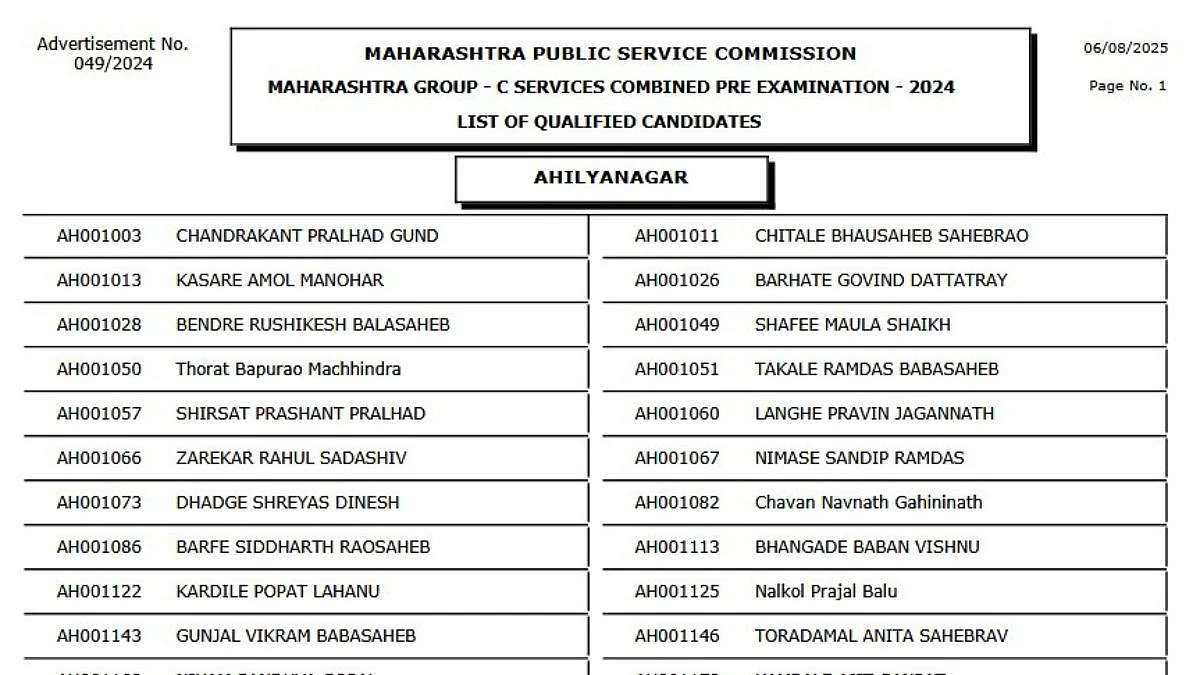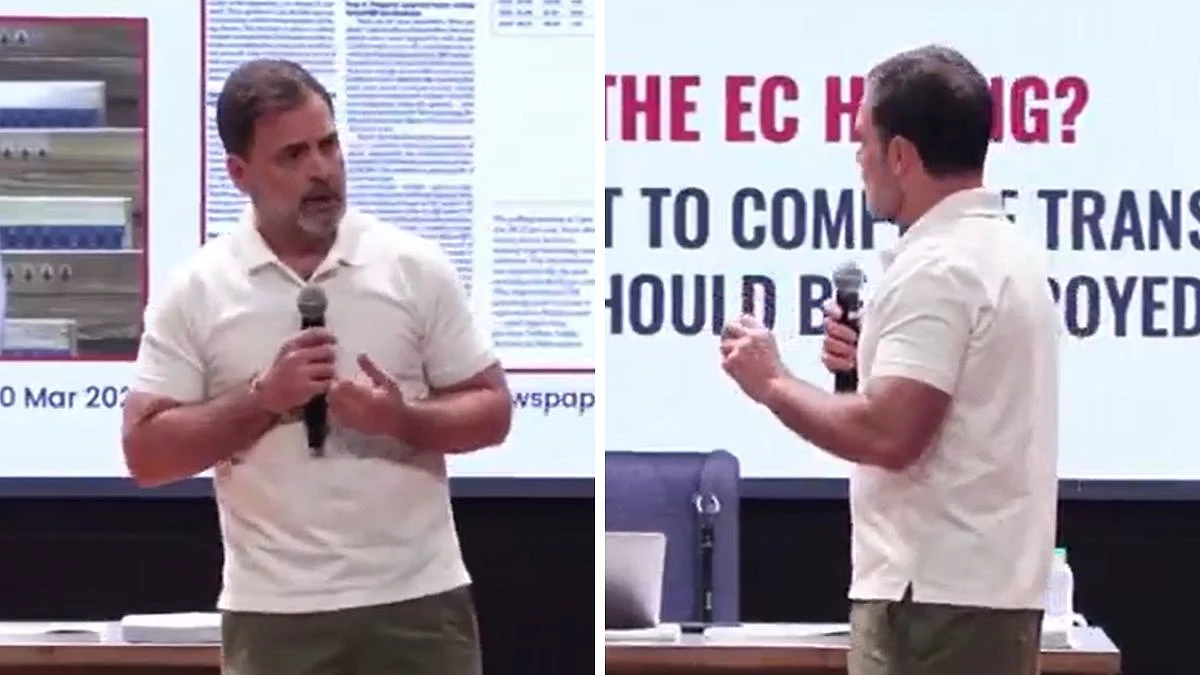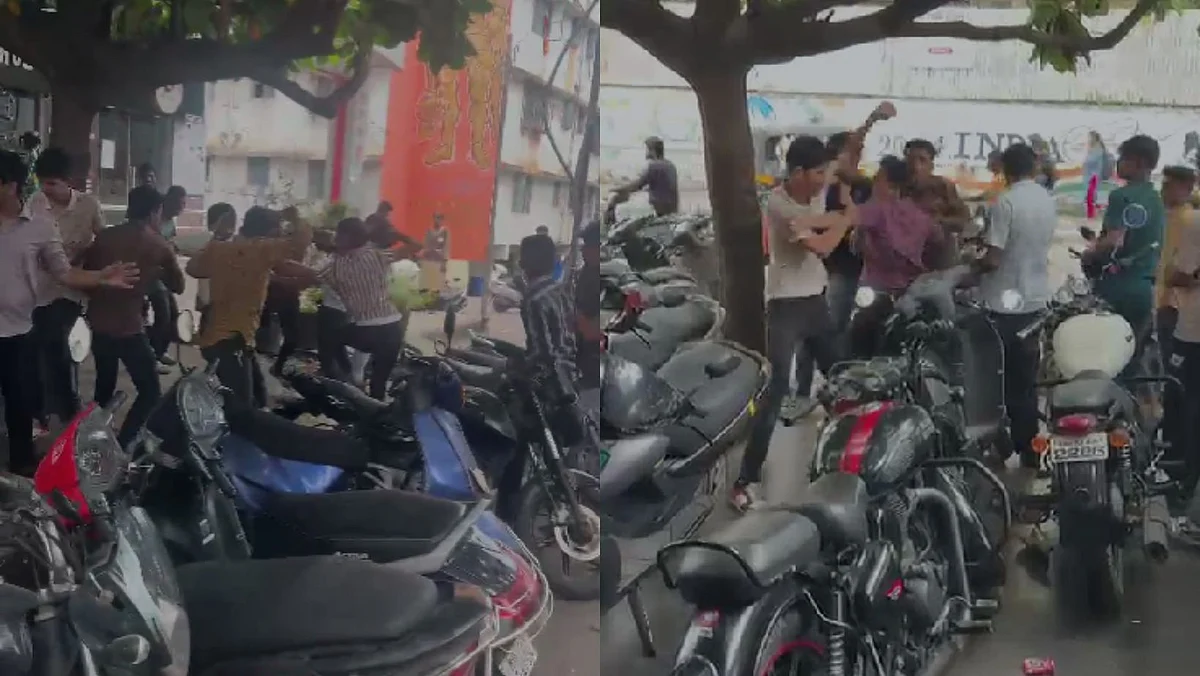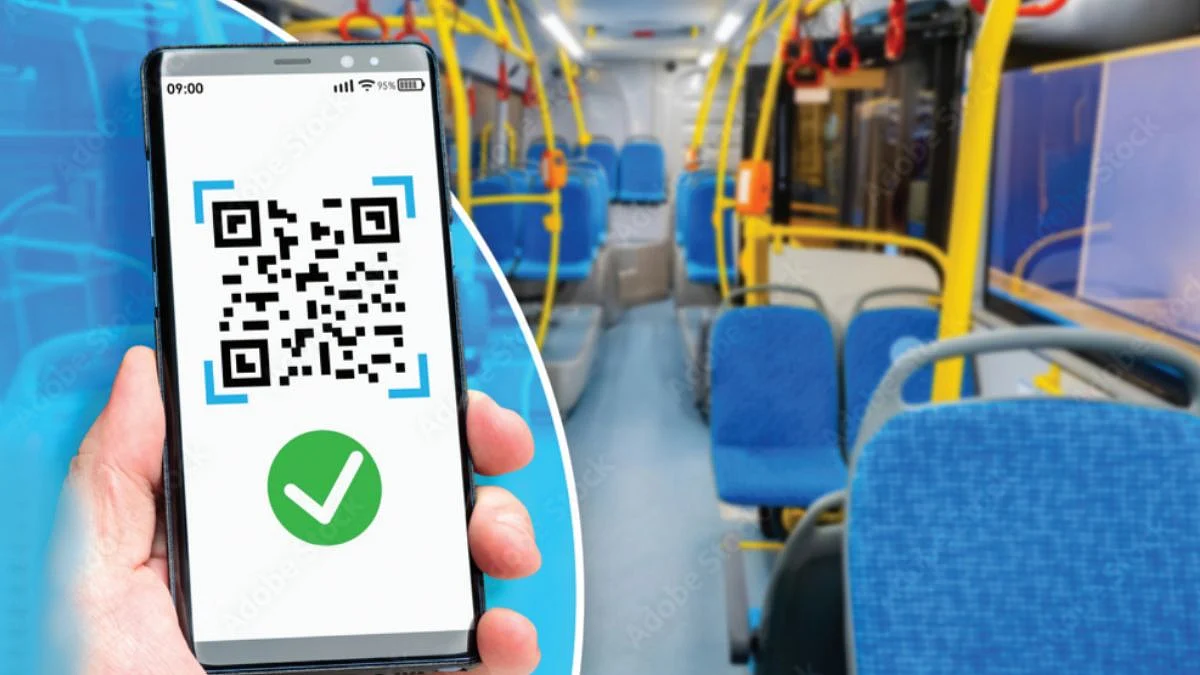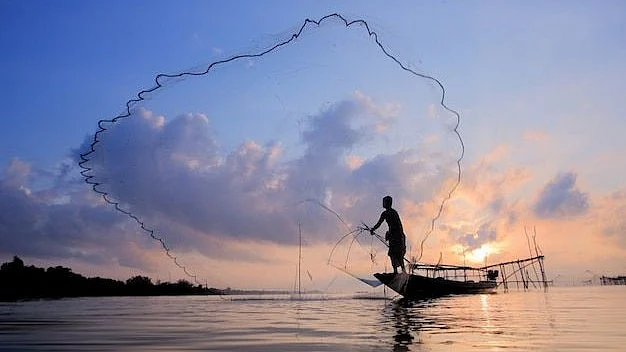The Supreme Court on Wednesday directed the Maharashtra government to phase out hand-pulled rickshaws in Matheran within six months completely, terming the continued existence of such a practice a violation of human dignity and an affront to the Constitution’s promise of social and economic justice.
Betrayal of Constitutional Promise
A bench led by Chief Justice of India Bhushan R Gavai observed that the practice of a human being physically pulling another in a handcart persisted even after 78 years of independence and 75 years of constitutional governance. Calling it 'inhuman', the court said continuing such work betrays the vision the people of India had given themselves.
“Permitting such an inhuman practice which is against the basic concept of human dignity in a country like India, which is a developing country, belittles the constitutional promise of social and economic justice,” the court observed.
E-Rickshaws the Future, Court Says
The directive came in the context of a long-standing case concerning transportation needs in Matheran, one of India’s last remaining towns where vehicular traffic is banned. Despite the restriction, Matheran sees over 8 lakh tourists annually and is home to more than 4,000 residents, many of whom depend on hand-driven rickshaws for mobility.
The court highlighted the availability of eco-friendly battery-operated e-rickshaws, noting that the transition to such alternatives was both technologically viable and environmentally suitable for the eco-sensitive zone of Matheran, located in the Western Ghats.
Rehabilitation Scheme Ordered
Understanding the livelihood implications for those currently engaged in hand-pulled rickshaw work, the bench ordered the Maharashtra government to devise a rehabilitation plan within the six-month deadline. It cited the Gujarat government’s scheme in Kevadia, where local Adivasi women were given e-rickshaw licences to ferry tourists near the Statue of Unity, as a model worth adopting.
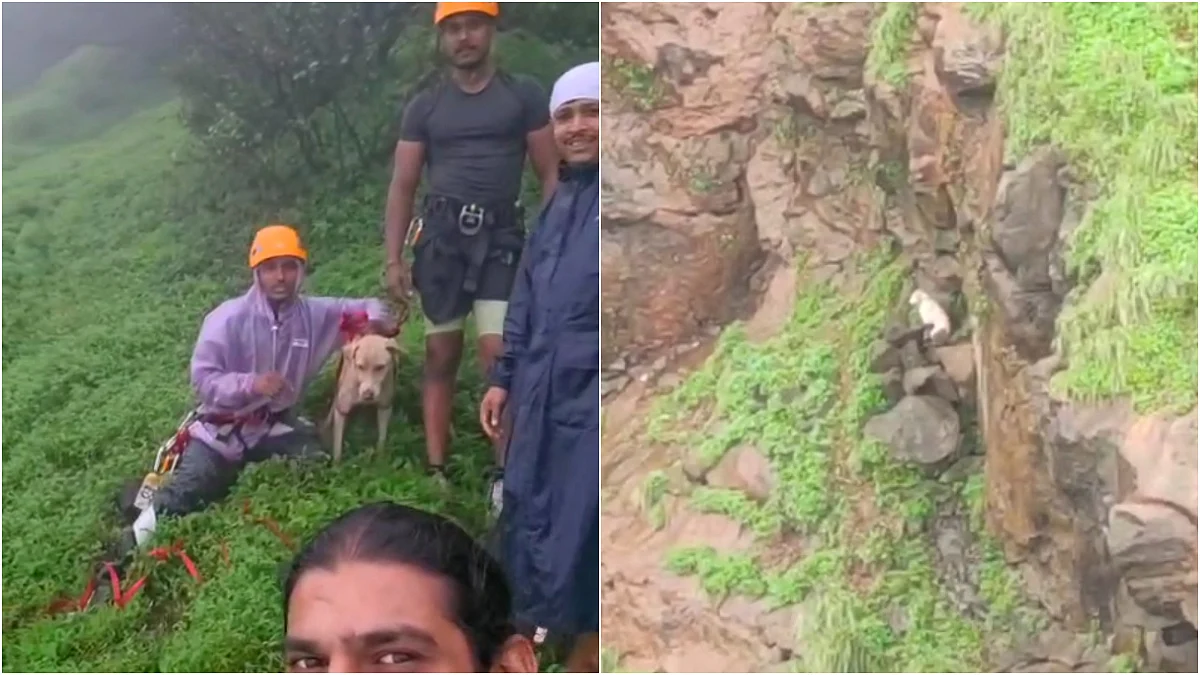
The court specifically directed the state to give priority to existing rickshaw pullers when issuing e-rickshaw licenses, and to consider tribal women and other marginalised groups in and around Matheran.
Citing Past Precedent, Court Calls Practice “Unfortunate”
The bench referred to a 1980 Supreme Court judgment in Azad Rickshaw Pullers Union v. State of Punjab, where similar practices were deemed incompatible with India’s constitutional ideals. “It is really unfortunate,” the court said, “that after 45 years of the decision of this court, the inhuman practice of a human being pulling another human being is still prevalent in the town of Matheran.”
The court was assisted by senior advocate K Parmeshwar, who appeared as amicus curiae. He suggested that only 20 e-rickshaws should be permitted for now.
Road Surface to be Made Rickshaw-Friendly
To support rickshaw and horse-cart movement, the court allowed the laying of paver blocks on the main road between Kasturi Naka and Shivaji Statue, a 4-km stretch, but without any concrete bedding—ensuring usability during monsoons while preserving the environment.
At the same time, the court prohibited the laying of paver blocks on internal town roads and the trekking route, following objections from senior advocate Shyam Divan and advocate Nina Nariman, representing hand-rickshaw and horse-cart workers who raised concerns about adverse ecological impacts.
CSR Funding Encouraged, No Excuses Allowed
While permitting the government to explore corporate social responsibility (CSR) funding or other schemes to support the e-rickshaw transition, the court was firm in stating that non-availability of funds will not be accepted as an excuse for failing to implement the shift.
Matheran’s Ecological Significance
The court’s direction also takes into account the ecological fragility of Matheran, which was declared an eco-sensitive zone in 2003 by the central government. The hill station, nestled in the Western Ghats, is home to a variety of wildlife species including the bonnet macaque, Hanuman langur, Malabar giant squirrel, and barking deer.
Let me know if you'd like this formatted for social media, made shorter for a quick-read post, or repurposed for CSR or tourism-focused messaging.

